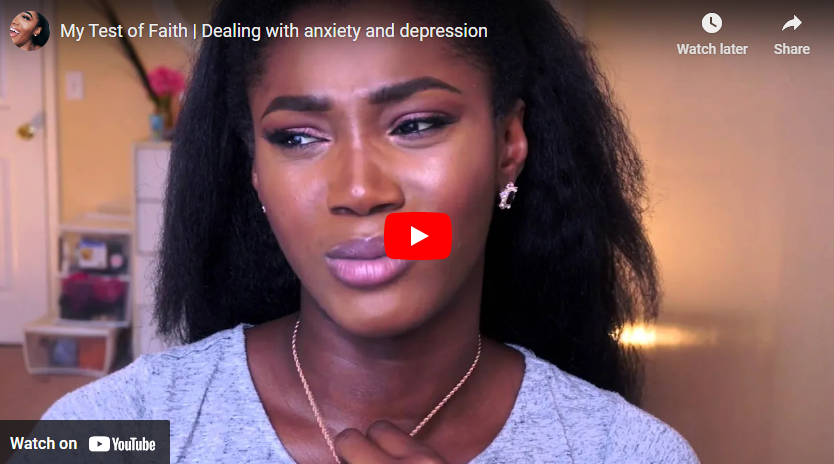Anxiety and depression are pervasive challenges that affect countless individuals worldwide, transcending age, race, and socioeconomic status. For those with religious beliefs, these mental health struggles can often feel like a test of faith. This article explores how individuals can approach anxiety and depression from a spiritual perspective, offering hope and practical guidance for navigating these trials with faith.
Understanding Anxiety and Depression
Before delving into the spiritual aspects, it’s crucial to recognize anxiety and depression as legitimate mental health conditions. These are not simply states of being “sad” or “nervous”; they are serious disorders that can profoundly impact every aspect of a person’s life. Symptoms can vary widely but often include feelings of emptiness, extreme anxiety, loss of interest in life, and physical symptoms such as fatigue and headaches.
The Spiritual Dimension of Mental Health
Many believers find their struggles with anxiety and depression bewildering and isolating, fearing that their faith is weak or that they have failed spiritually. However, it’s important to acknowledge that these challenges do not reflect a lack of faith but rather are part of the human experience in a fallen world. The Bible is filled with accounts of godly individuals who faced despair and anxiety, from David in the Psalms to Elijah in the wilderness.

Integrating Faith with Mental Health Care
- Seeking Professional Help: It is vital to recognize that seeking help from mental health professionals is not a sign of spiritual failure. Therapies such as cognitive-behavioral therapy (CBT) and medication can be life-saving and are not contrary to biblical principles. It’s often helpful to seek out professionals who respect your faith and can integrate these perspectives into your treatment.
- Prayer and Meditation: These spiritual disciplines can provide significant comfort and relief. Philippians 4:6-7 encourages believers not to be anxious about anything, but in every situation, by prayer and petition, with thanksgiving, to present their requests to God. The peace of God, which transcends all understanding, will guard your hearts and minds in Christ Jesus.
- Scriptural Encouragement: The Bible does not shy away from issues of despair and anxiety. Verses like Isaiah 41:10, where God tells His people not to fear because He is with them, can offer great comfort. Engaging with scripture can remind sufferers that they are not alone, that their feelings are understood, and that God is with them.
- Community Support: Being part of a faith community can provide essential support. Sharing your struggles with trusted friends or group members can help alleviate the sense of isolation that often accompanies depression and anxiety.
- Spiritual Counseling: Many find solace in spiritual counseling with pastors or spiritual leaders who understand the nuances of faith and mental health. These leaders can provide guidance, prayer, and support tailored to the spiritual aspects of healing.
The Role of Faith in Resilience
Faith can play a transformative role in dealing with anxiety and depression. It provides a framework of meaning and hope, essential elements in psychological resilience. Believing in a purpose greater than oneself can help individuals cope with daily struggles and can provide a reason to keep fighting through the darkest times.
Conclusion
Anxiety and depression test the faith of many, but they do not have to lead to spiritual defeat. By incorporating faith into the journey toward mental health, individuals can find not only relief from their symptoms but also deeper spiritual insights and growth. It’s a path that involves embracing both divine grace and human wisdom—a holistic approach that respects both the spiritual and the medical aspects of healing.

